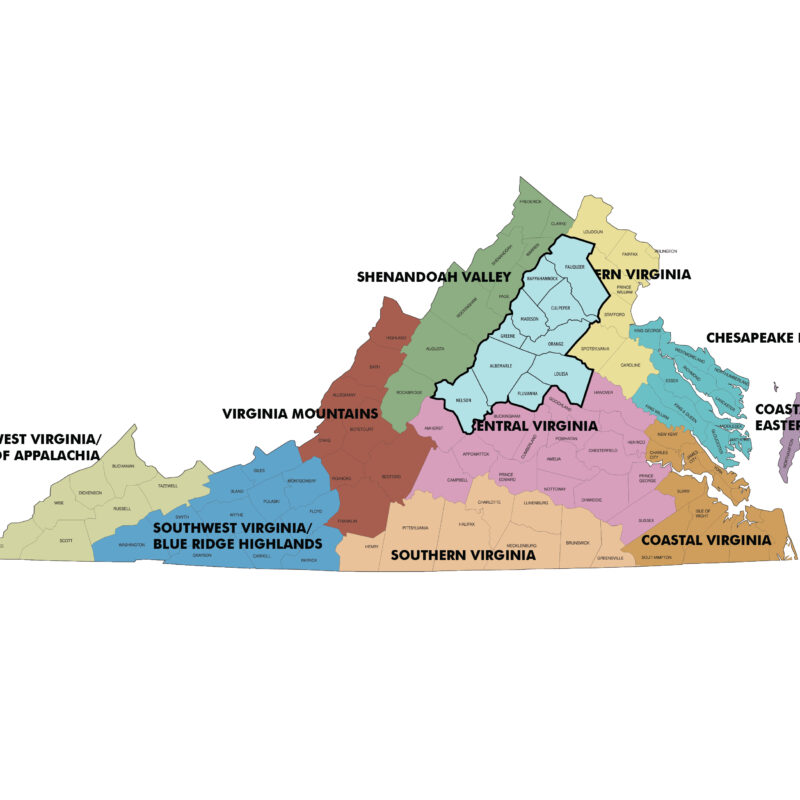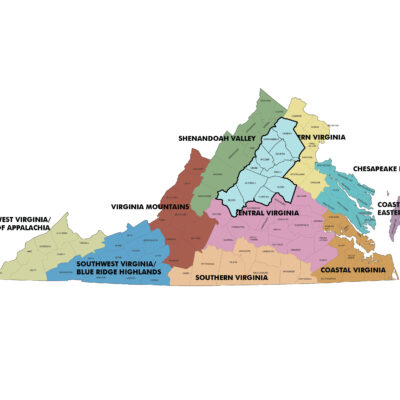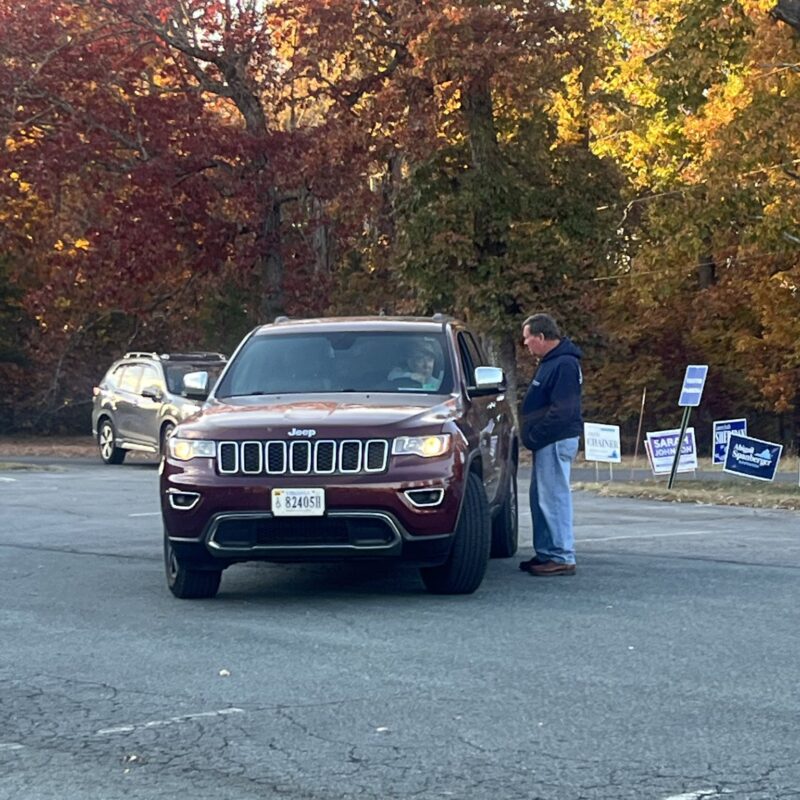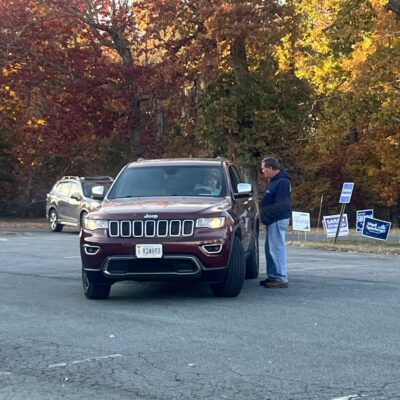In August 2004, Derek Breen went upstairs to check his e-mail.
“My bedroom was right above the hammock shop,” he remembers. At the time, just over a year into his Twin Oaks tenure, he was managing the hammocks business, the community’s biggest income source. Pier One was a longstanding and very sizable client—representing up to 70 percent of Twin Oaks income—and they were about two months late with their annual order. “I hit the inbox on Yahoo and there’s an e-mail from Pier One saying ‘Thank you for your business, and we don’t want your hammocks anymore. We’re not placing an order next year.’”
 The tofu business is growing in importance at Twin Oaks, since their largest hammock account was pulled in 2004. |
With that, the community entered a period of austerity. They quit buying coffee, stamps and oranges. They cut operating budgets in half. “It really sucked,” remembers Apple. Still, Twin Oaks survived.
The ups and downs of business loom even larger in this tight-knit village, where individual financial needs mostly disappear inside a shared destiny. Yet members say that successfully playing the game of capitalism has been key to Twin Oaks’ longevity. “There’s been a focus on bringing in income,” says Keenan, “a consistent focus. It’s been a superior value to everything else.” Breen says, “I feel like I earned an MBA living at Twin Oaks and managing a pretty complicated business.”
These days, the hammocks business is expanding its retail component to make up for the loss of wholesale orders from Pier One. And the community is banking more on its tofu business. (You may have bought Twin Oaks tofu at the City Market.) Sunergia Soyfoods, a Charlottesville-based company started by ex-Oakers including Jon Kessler and Marsha Burger, is now one of the biggest purchasers of Twin Oaks tofu. A third business, book indexing, is growing too.
Still, communal life and entrepreneurship will always exist in a somewhat uneasy balance. Alexis Zeigler says that, even with all the compromises the community has made to its original ideals over the years, “Economically they’re [still] radical. It’s not the growth model; it’s just ‘This needs to do well for the sake of the community.’”
More practically speaking, when huge customers drop your account, Breen says, you can’t respond as traditional business would. “Mainstream business says, ‘You’re fired,’” he says. “You can’t say that on the farm.”





